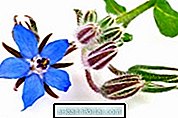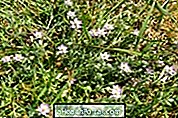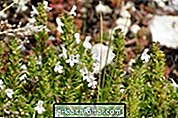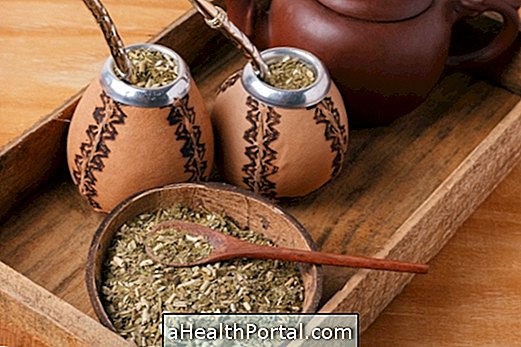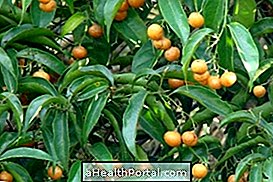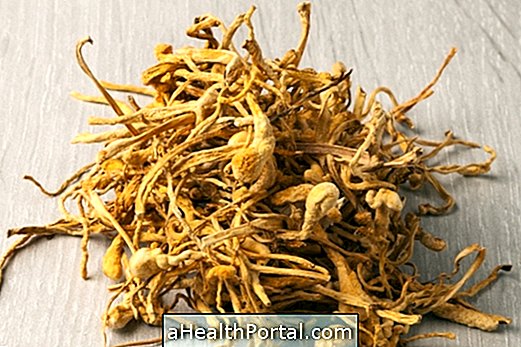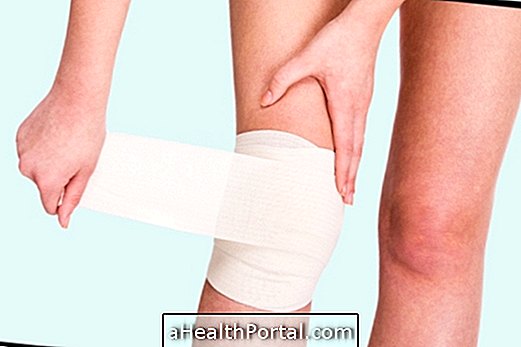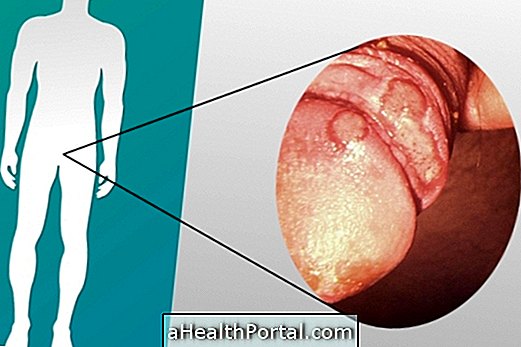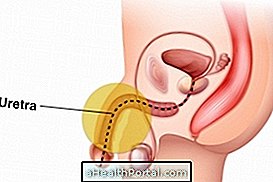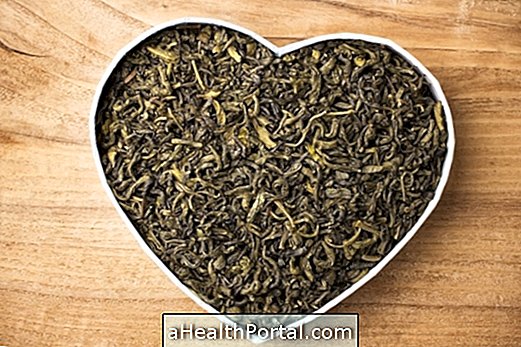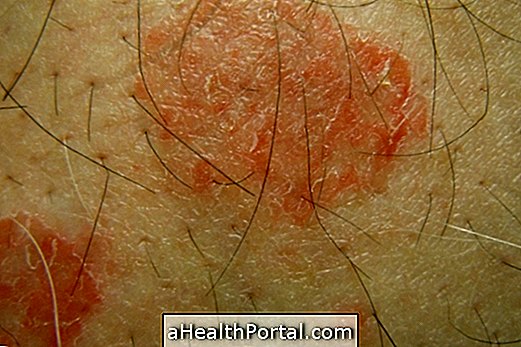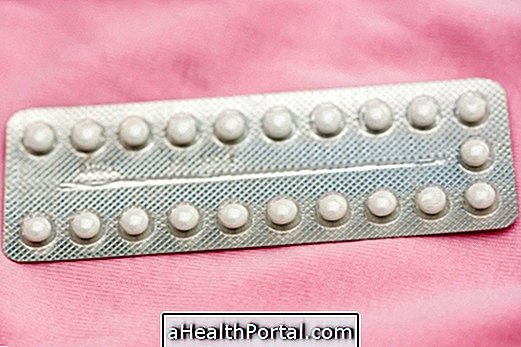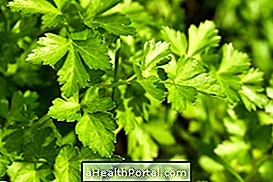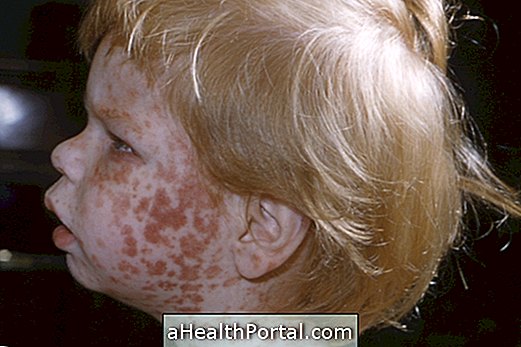Mentrasto, also known as goat's caterpillar and purple stingray, is a medicinal plant that has anti-rheumatic, anti-inflammatory and healing properties, being very effective in the treatment of joint pain, mainly related to arthrosis.
The scientific name of the mentor is Ageratum conyzoides L. and can be found in health food stores or in manipulation pharmacies in the form of capsules or dried leaves, which are usually used to make mentresto tea.
Although it has many properties and therefore many benefits, mentresto should be used with caution, since it can be toxic to the liver and raise blood pressure when consumed in high doses.

What is the mentresto?
The mentrasto has properties analgesic, anti-inflammatory, anti-rheumatic, aromatic, healing, diuretic, vasodilator, febrifuge, carminative and tonic, and can be used with several objectives, for example:
- Treat urinary tract infection;
- Relieve the symptoms of arthrosis;
- Decrease menstrual cramps;
- Treat bruises;
- Relieve muscle aches;
- Decrease fever;
- Relieve flu symptoms.
In addition, because of its anti-diarrheal property, the consumption of mentresto can reduce diarrhea.
How to use
The mentresto for therapeutic purposes can be used in the form of flowers, leaves or seeds.
In the case of rheumatism, bruises and even arthrosis, compresses may be made with mentrass tea instead of pain to relieve symptoms. To make the compress, simply soak a clean towel in the mentrasto tea and apply on the spot.
Mentor tea

Mentresto tea can be used to treat influenza, decrease menstrual cramps, and aid in the treatment of osteoarthritis.
Ingredients
- 5 g of dried mentrass leaves;
- 500 ml of water.
Method of preparation
To make the tea just boil 5 g of dried leaves of mentresto in 500 ml and drink two to three times a day.
Contraindications and possible side effects
The mentresto should be used with caution, since excessive consumption can lead to increased blood pressure and cause damage to the liver.
The consumption of this medicinal plant is not recommended for diabetic people, with problems in the liver, pregnant women, infants and children.
